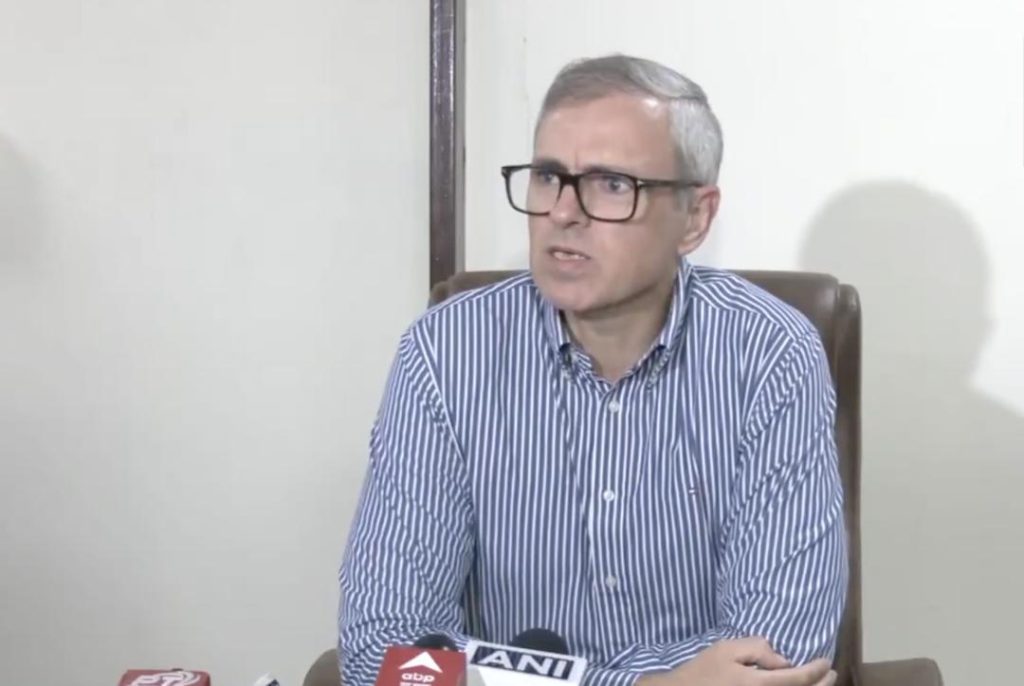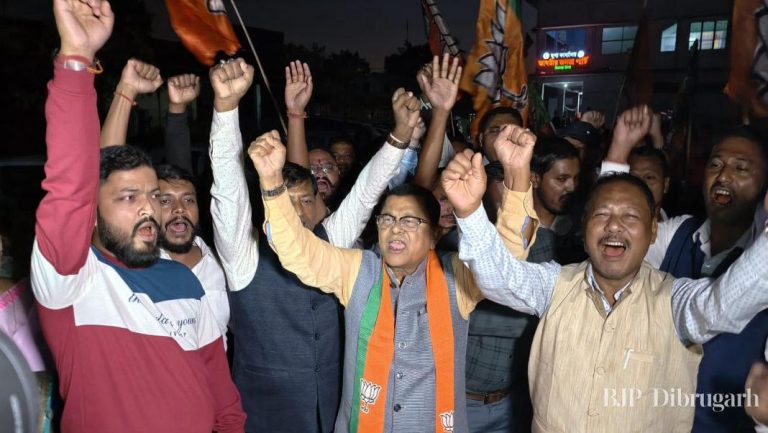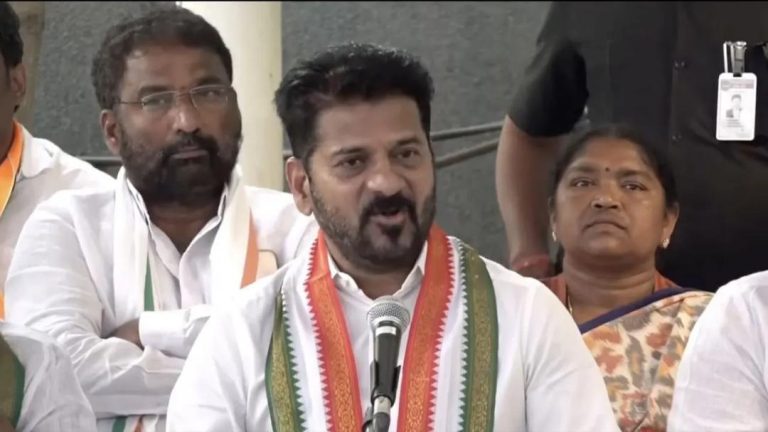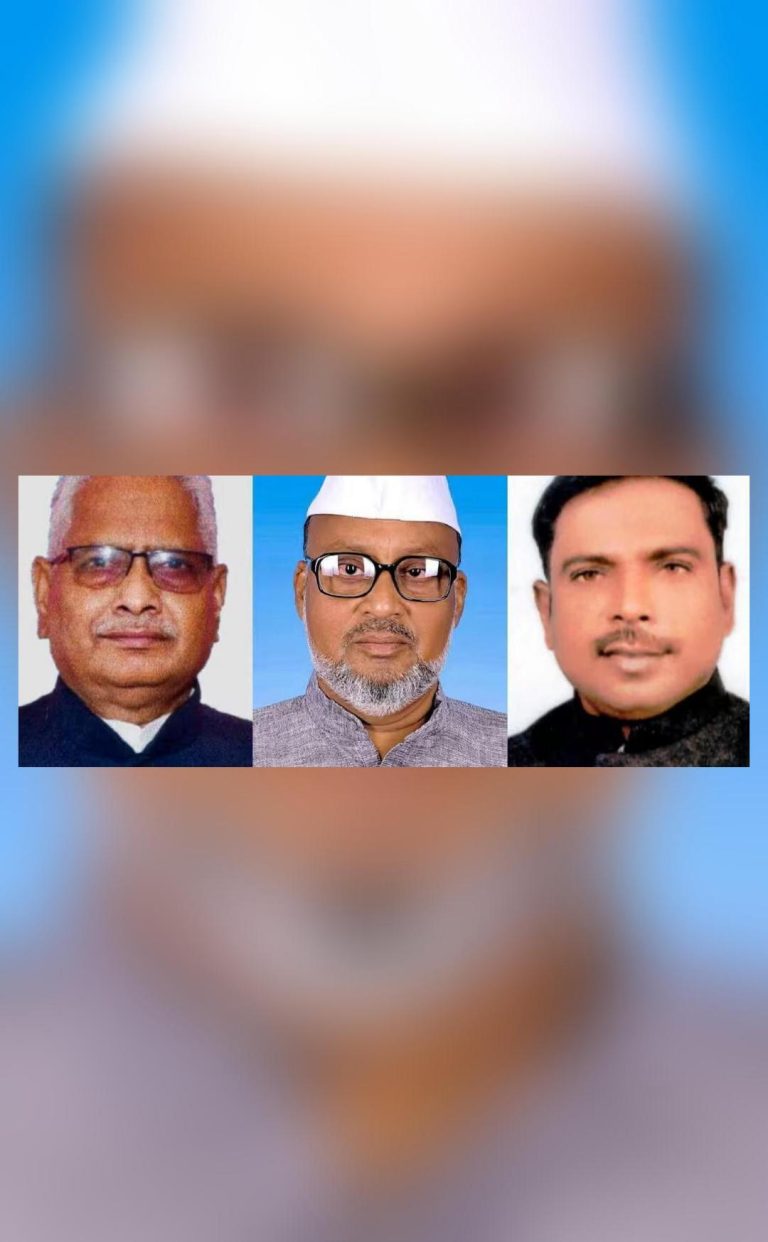
Why should I send water to Punjab?: J&K CM on canal proposal
The ongoing debate on the 113 km-long canal proposal, which aims to redirect surplus water from three western rivers of the Indus system in Jammu and Kashmir to Punjab, Haryana, and Rajasthan, has taken a new turn with Jammu and Kashmir Chief Minister Omar Abdullah expressing his reservations on the project. In a recent statement, Abdullah questioned the necessity of diverting water from Jammu and Kashmir to other states, particularly Punjab, which already has a significant share of the Indus Waters under the Indus Waters Treaty.
“Why should I send water to Punjab?” Abdullah asked, emphasizing that Punjab already has a substantial amount of water allocated to it under the Indus Waters Treaty. “Did they give us water when we needed it?” he added, hinting that Punjab has historically received more water than it needs, while Jammu and Kashmir has struggled with water scarcity.
The Indus Waters Treaty, signed in 1960, is a bilateral agreement between India and Pakistan that allocates the waters of the Indus River and its tributaries between the two countries. Under the treaty, Pakistan is entitled to 20% of the waters of the Indus River, while India is entitled to 80%. However, India has the right to use the waters of the western rivers, which include the Jhelum, Chenab, and Sutlej rivers, for irrigation and other purposes.
The canal proposal, which has been in the works for several years, aims to redirect the surplus water from these western rivers to Punjab, Haryana, and Rajasthan, which are facing water scarcity issues. The proposal has been met with opposition from various quarters, including environmental groups, who have raised concerns about the potential impact of the canal on the ecology of the region.
Abdullah’s comments have sparked a heated debate on the issue, with some arguing that Punjab has a legitimate claim to the water and others arguing that Jammu and Kashmir should not be forced to sacrifice its own water resources for the benefit of other states.
One of the primary concerns raised by Abdullah is that Punjab already has a significant amount of water allocated to it under the Indus Waters Treaty, and therefore, it does not need additional water from Jammu and Kashmir. “Punjab is already getting 20% of the waters of the Indus River, which is a huge share,” Abdullah said. “Why should we give them more water when they already have a substantial amount allocated to them?”
Another concern raised by Abdullah is that the canal project would require significant investments, including the construction of new dams and canals, which would divert resources away from Jammu and Kashmir’s own water management needs. “We have our own water problems, and we need to focus on solving them rather than sending water to other states,” Abdullah said.
Abdullah’s comments have also sparked a debate on the historical context of the Indus Waters Treaty and the role that Punjab has played in the region’s water politics. Some have argued that Punjab has historically been the recipient of more water than it needs, while Jammu and Kashmir has struggled with water scarcity. This has led to accusations that Punjab is not doing enough to help Jammu and Kashmir with its water problems.
In conclusion, the debate on the canal proposal has highlighted the complex and contentious issues surrounding water management in the region. While the proposal may seem like a straightforward solution to water scarcity issues in Punjab, Haryana, and Rajasthan, it has sparked a heated debate on the fairness and necessity of diverting water from Jammu and Kashmir to other states.
As the debate continues, it is essential to consider the historical context of the Indus Waters Treaty and the role that Punjab has played in the region’s water politics. It is also crucial to address the water needs of Jammu and Kashmir and ensure that any solution to the region’s water problems is equitable and sustainable.






